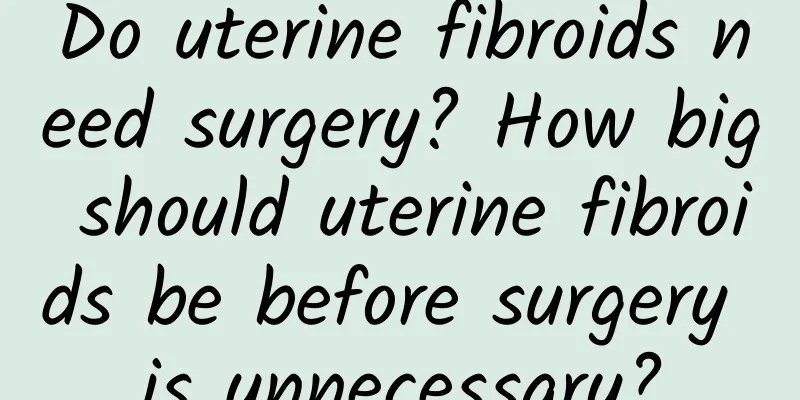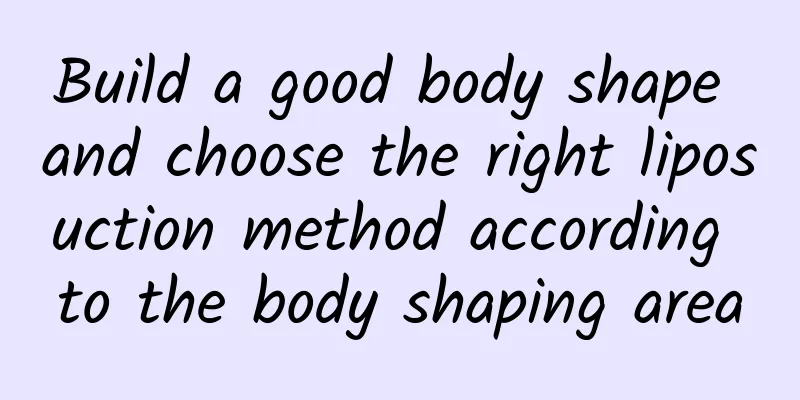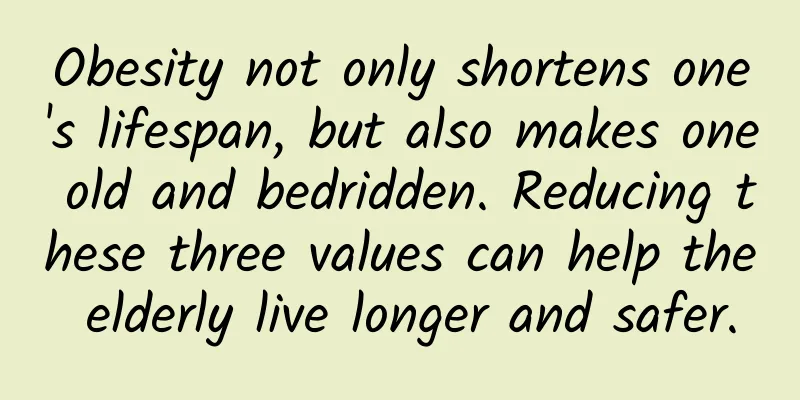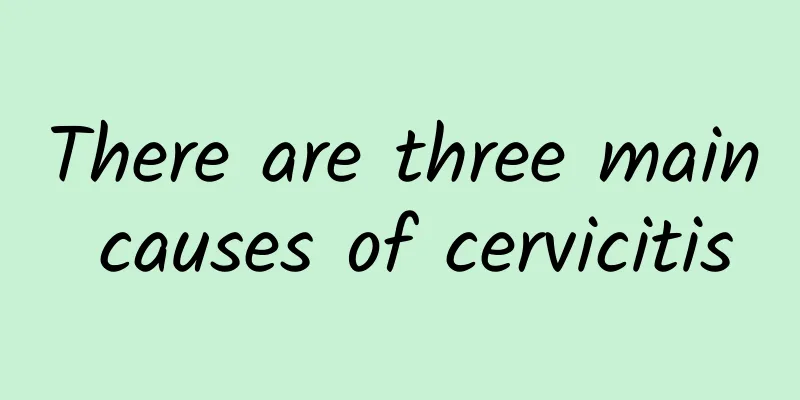Eating slowly makes you lose weight quickly, while eating fast makes you gain weight! Oral Yoga Exercises

|
If you want to control your weight and feel full at every meal, there are actually some tips! It turns out that you can’t eat too fast. You must chew your food well and swallow slowly. This will make you feel full easily and prevent you from eating too much and gaining weight. The hypothalamus of the brain is an important part for controlling appetite. It is the control center for human satiety or hunger. It can detect nerve signals released from the liver, digestive tract and pancreatic enzyme secretion, and judge the concentration of glucose, fatty acids and amino acids in the blood. Therefore, when there is no food in the stomach, or the concentration of blood sugar and various nutrients in the blood is too low, the hypothalamus will send a signal to stimulate the hunger center to produce hunger and tell the brain that it is necessary to eat. Slow eating makes you thin faster, fast eating makes you fatter In his new book "Dentists - Sincere Confessions of a Famous Doctor with 40 Years of Experience", Dr. Liang Guangku, a dental specialist, said that if you eat too fast, the nutrients in the food will not have time to be broken down, digested and absorbed, and the blood sugar concentration will not rise, so you will not feel full and will continue to eat large amounts. You will never feel full, or by the time you feel full, you have unknowingly eaten too much. In other words, if you bite well, the stimulation of the periodontal tissue or chewing muscles will transmit messages to the brain nerves, releasing a neurosubstance that will suppress appetite and bring a feeling of fullness. According to research, it takes at least 25 to 30 minutes for the brain to send a satiety signal, starting from the time food is dissolved, digested, and absorbed and blood sugar levels rise. However, modern people live in such a hurry that they only spend 10 minutes on a meal. They do not chew enough and tend to swallow too much food. As a result, they never feel full no matter how much they eat. If a person chews his food carefully, he will feel full after eating a small amount of food, so he will eat less food. Chewing thoroughly to feel full can help control weight Almost all obese people do not chew their food enough and eat quickly, which causes their blood sugar to rise rapidly. Before the satiety center sends a signal, they have unknowingly eaten more food than the body needs. Over time, the stomach capacity is expanded, making it easier for them to eat more. The Ministry of Health, Labour and Welfare of Japan once conducted a study on the relationship between obesity and chewing, and found that people who chew their food carefully can feel full with a small amount of food, so the amount of food they eat is reduced. In addition, the amount of insulin secreted by the body after a meal, which is related to the level of blood sugar, is less, that is, the rate of increase in blood sugar levels after a meal is slower, which also helps to control weight. "Chewing" = exercise! Chew slowly and do oral exercises The muscles that move the jaw are related to the chewing function. The muscles that move the jaw include the masseter, temporalis, lateral pterygoid and medial pterygoid. Oral chewing involves many more muscles than you think, so it can be said that "chewing" = "exercise"! Chewing is the most important exercise for facial muscles. As long as you chew more, you can maintain your facial muscles. By chewing foods of different hardness and elasticity, you can train different facial muscles and movement directions. Ten Chewing Tips to Follow at Every Meal The "Ten Tips for Proper Chewing" published by the Japanese Dental Hygienists Association are dental care principles that can be followed by people of all ages. You may want to try the following ten items to do oral yoga exercises at every meal and maintain good chewing habits, which will not only help your health but also prolong your life: □ 1. Chew each mouthful 30 times before swallowing. □ 2. When you are ready to swallow, chew 10 more times. □ 3. Bite until the shape of the food disappears. □ 4. Allow saliva to fully mix the food in your mouth before swallowing. □ 5. Drinking water to aid swallowing is not recommended. □ 6. Eat in small bites and reduce the size of each bite. □ 7. Swallow the food in your mouth before taking the next bite. □ 8. Choose ingredients that are chewy. □ 9. Put down your chopsticks and chew thoroughly after each bite. □ 10. Enjoy the conversation while eating. The "Ten Tips for Proper Chewing" are dental care principles that can be followed by people of all ages. |
<<: Fight evil vision! Cat back stretching exercise 3 steps to correct hunchback
>>: Get your butt off the chair! 8 ways to do light exercise to prevent obesity and stroke
Recommend
Is the cure rate of endometrial tuberculosis high?
Endometrial tuberculosis is a common gynecologica...
Experts explain the dietary considerations for irregular menstruation
Irregular menstruation is what we often call irre...
What are the symptoms of hyperprolactinemia?
Hyperprolactinemia is a disease that is not famil...
Does stress cause phlegm and dampness, and increase visceral fat? Traditional Chinese Medicine: 4 dietary suggestions and medicinal baths to help fight stress-induced obesity
For people with stress-induced obesity, stress ho...
Is ectopic pregnancy a genetic disease?
Is ectopic pregnancy a genetic disease? Genetic d...
What are the symptoms that cause irregular menstruation?
Irregular menstruation is a common gynecological ...
What are the surgical treatments for ectopic pregnancy?
Experts say: Ectopic pregnancy, also known as ect...
5-pronged approach! The "LEARN" method for weight loss
Obesity is quickly becoming a national disease. T...
Which is better for women, surgical abortion or medical abortion? The choice of surgical abortion or medical abortion mainly depends on these two points
As relationships between people are becoming more...
What are the treatments for ovarian chocolate cysts?
Chocolate cysts are a special pathological type o...
New topic of weight loss: African mango seed extract is actually...
Smiling Pharmacist Network has recently written a...
Super slim! 12 Fruit Diet Recipes for Weight Loss
Fresh fruits are not only delicious and refreshin...
Always pay attention to the seriousness of ovarian cysts
In today's society, the harm of ovarian cysts...
Professional knowledge on abortion medication
In a woman's life, due to the lack of prevent...
Dietary considerations after surgery for hyperprolactinemia
Hyperprolactinemia, also known as hyperprolactine...









